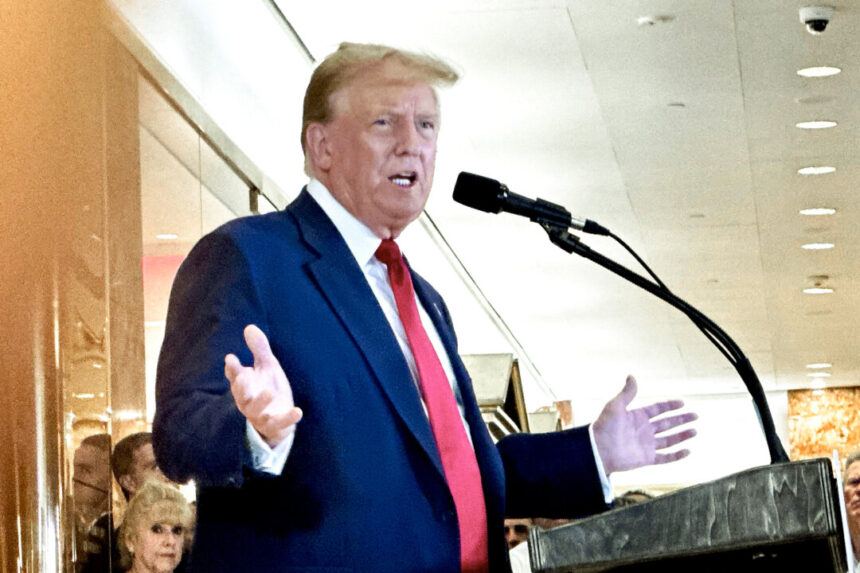It is doubtful that the attempt to weaponize the term “felon” or “convicted felon” will gain much traction. Following Acting Justice Juan Merchan’s courtroom decision, a new focus on the word “felon” emerged as a potential weapon. The New York Times promptly published an editorial titled “Donald Trump, Felon” on the same day as the verdict, signaling a shift in narrative.
Despite efforts to use the term “felon” to discredit Donald Trump, it may backfire. The word has lost its negative connotation and is even being embraced as a badge of honor by some. Support for Trump remains strong, as evidenced by the significant donations pouring into his campaign post-verdict. The strategy of labeling him a felon may not have the intended impact and could even bolster his support.
In a similar vein to the French art critic Louis Vauxcelles, who inadvertently popularized the terms “Fauvism” and “Cubism” by using them as derogatory terms, attempts to vilify Trump with the label of felon may have the opposite effect. The public’s awareness of political tactics like lawfare, where legal processes are weaponized for political gain, may render such tactics ineffective in swaying public opinion against Trump.
In conclusion, the use of the term “felon” as a political weapon may not achieve the desired outcome and could potentially strengthen support for Trump. The shifting dynamics of public perception and political warfare suggest that traditional smear tactics may no longer hold the same power they once did. Please rephrase the following sentence.
Source link




